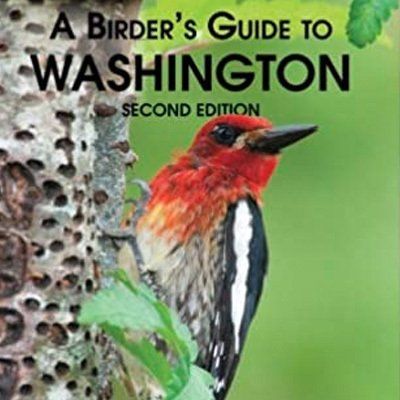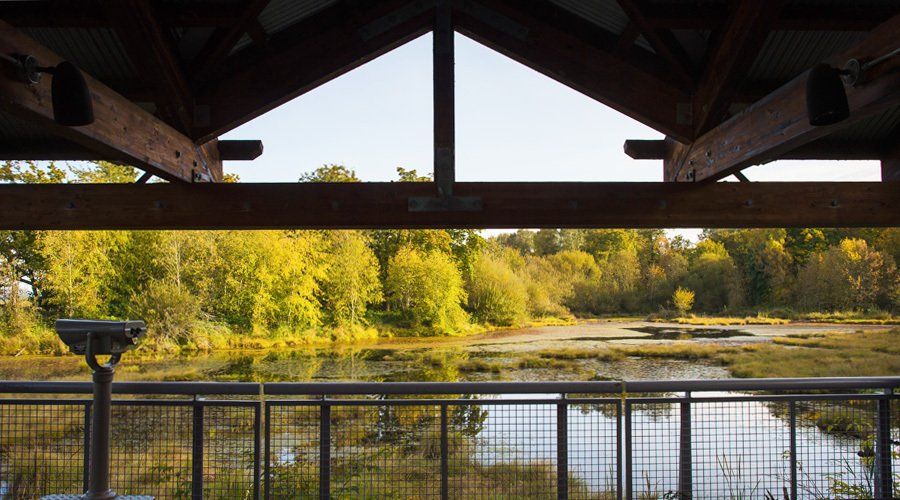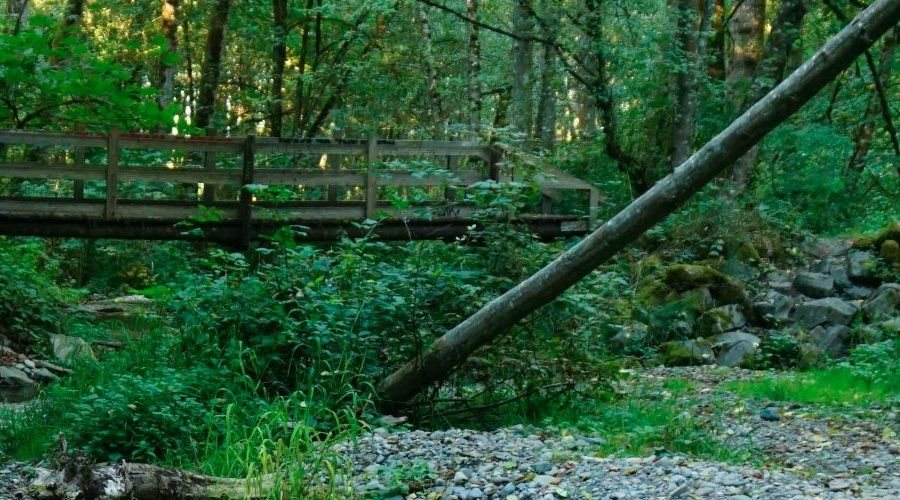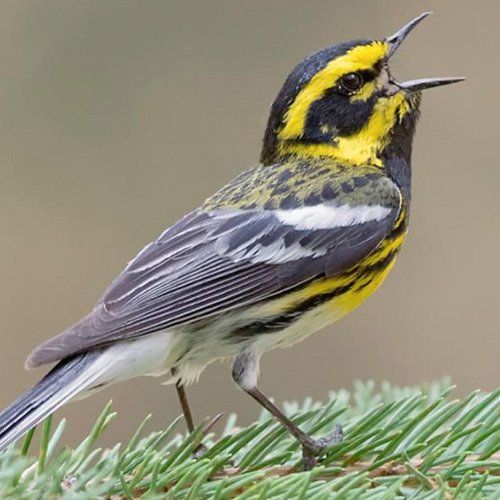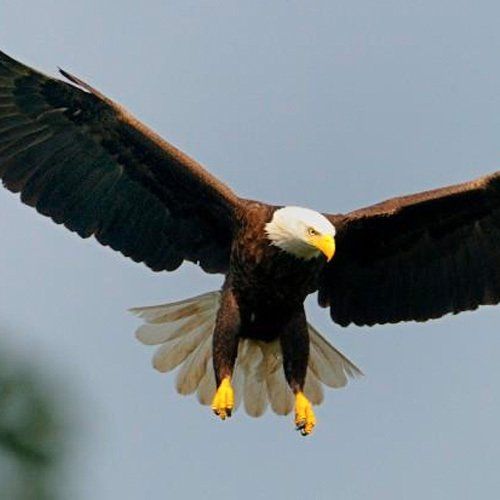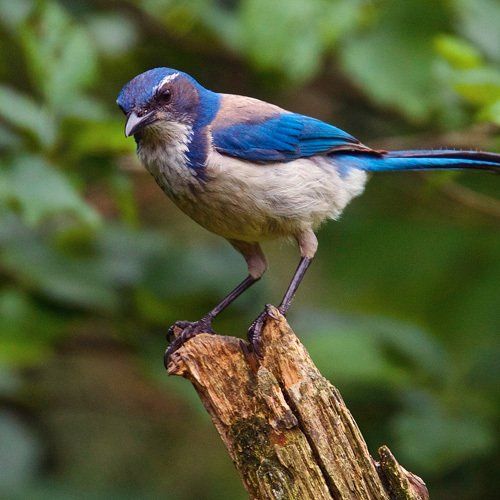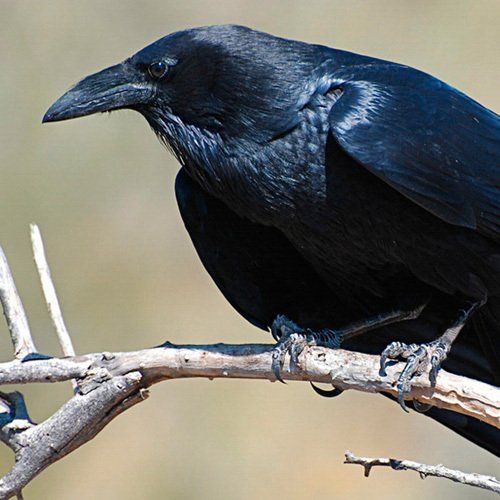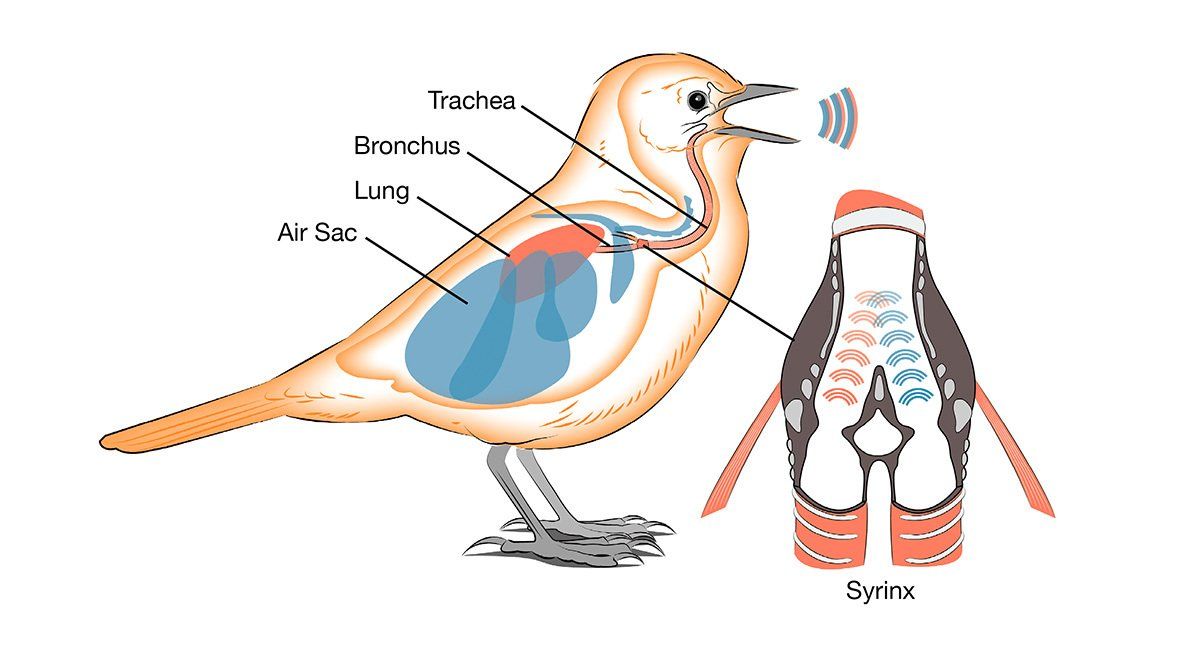WATCHING FOR VISITING BIRDS
Birds are everywhere. Look up, look down, go to the ocean, the mountains, the desert, or the forest and you will see birds. The result of this avian abundance is the sheer diversity of even the most common species in your area. Because of migratory patterns, many locales may see hundreds of different types of birds in a year. All you have to do is pay attention and you will find that beautiful, fascinating birds are everywhere in startling numbers. You see them everyday.
Once you decide that you would like to be able to identify them, it happens — you’re a bird watcher!
How to Become a Bird Watcher
Get Binoculars
Binoculars are an important tool for bird watchers. Since most birds won't let you get close to them or are perched in trees, you need to be able to watch them from a distance. Especially if you are going to see all their brilliant details.
Find a Guide
A good bird watching guide will help you identify the various birds you spot while you are out birding. We recommend looking for a guide that is specific to this area. If you don't have a guide, then you can use your phone to do research in the field.
Find a Bird Place
The South Sound has many areas that are teeming with birds. Local parks and wildlife refuges are excellent places to find diverse wildlife. Look further down on this page for some recommended bird hot spots to check out!
You and your family can learn more about local birds at one of Tahoma Audobon's youth and family programs. Check it out HERE.
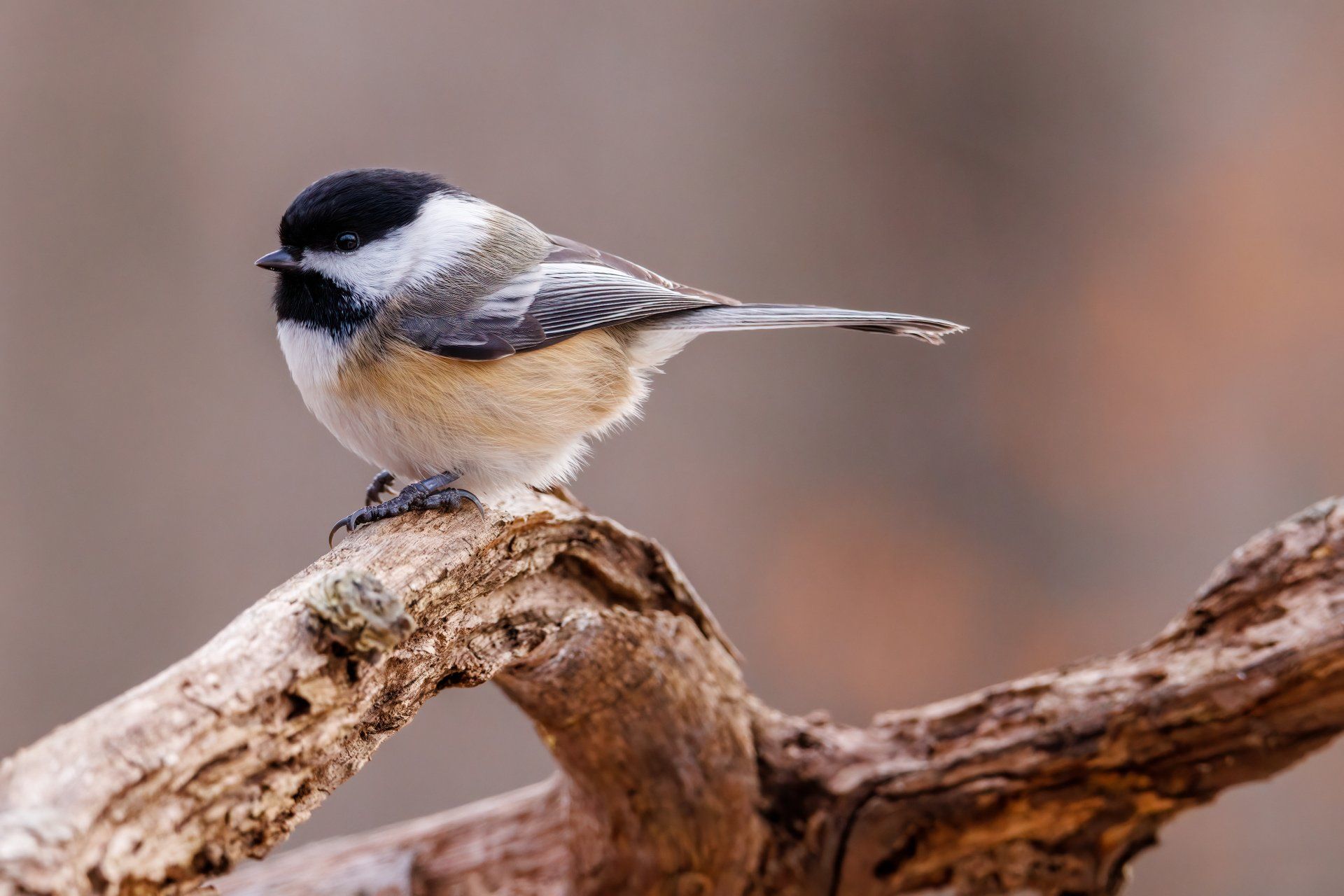
Can You Find These Species?
ARTS & CRAFTS PROJECTS
How to Make Toilet Paper Roll Binoculars
How To Draw an Earth Day Surprise Card
How to Make A Pinecone Bird Feeder
STORYTELLING: MOTHER GROUSE
Listen to this story about the Mother Grouse read by Maria Martin, a Lushootseed Teacher. Birds are an important part of the local ecosystem and apart of the local culture too. Listen along in Lushootseed the language of the Puyallup, the indigenous peoples of this land, and then in English.
BIRDS ARE GREAT SINGERS. HOW DO THEY SING?
Songbirds learn their songs and perform them using a specialized voice box called a syrinx. Vocally, they’re in a league of their own. These adaptations have been remarkably successful—songbirds make up almost half of the world’s 10,000 bird species including warblers, thrushes, and sparrows. The vast majority of non-songbird species make simpler sounds that are instinctual rather than learned.
Listen to these amazing bird songs
Find an expansive resource of bird songs and calls here.




